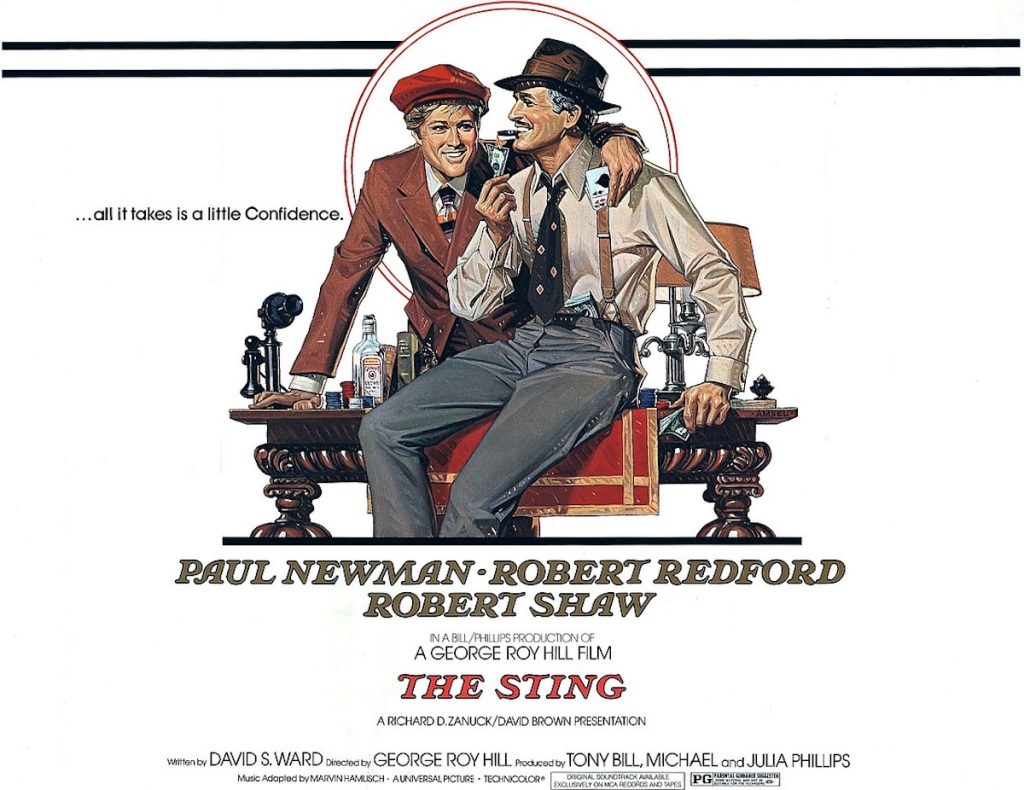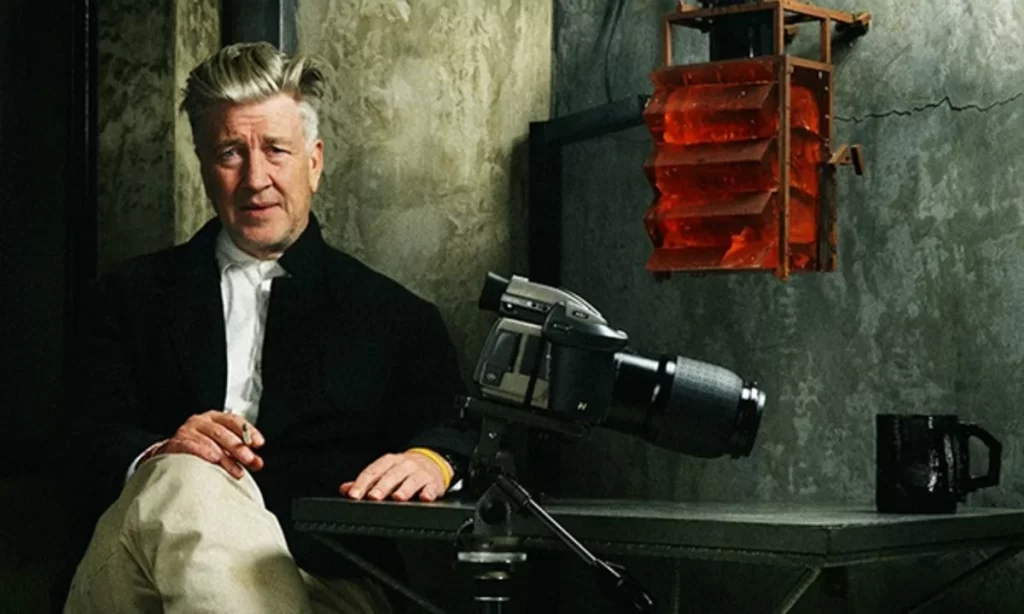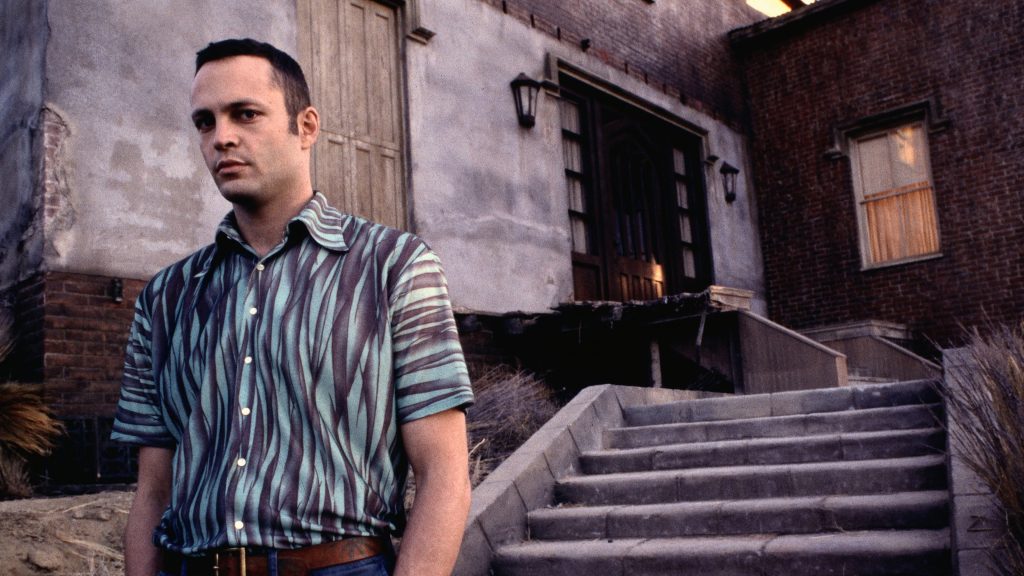Although he had one of the most diverse careers of any major director of the last half century, the late Jonathan Demme is best remembered for his his back-to-back mega hits The Silence of the Lambs (1991) and Philadelphia (1993), both of which remain the gold standard for the (now sadly almost extinct) mid-budget prestige drama. But following this career high, Demme went into something of a slump, thanks to a string of films released at the turn of the century—Beloved in 1998, The Truth About Charlie in 2002, and The Manchurian Candidate in 2004—which fell far below commercial and critical expectations.
Yet, for all of the disappointment surrounding these films, they make up a fascinating chunk of Demme’s filmography, particularly for the ways they, individually and collectively, provide insight into his evolving artistic and political motivations.
Always an eclectic artist, Demme cut his teeth making exploitation pictures for Roger Corman before moving on to humane dramas and comedies about figures on the fringes of respectable American society (while also making several iconic, performance-based documentaries). He reached the pinnacle of mainstream success during the first half of the ‘90s: together, The Silence of the Lambs and Philadelphia took in almost $480 million at the box office and ten Academy Awards nominations, six of which (including one for Demme as Best Director) it won. This was more than enough to give Demme carte blanche for whatever he wanted to do next. And what he wanted to do was to make a movie about race in America—specifically one that examined the subject in all of its gory complexity.
Enter Beloved, an adaptation of Nobel Laureate Toni Morrison’s 1987 Pulitzer Prize-winning novel. The film—about an ex-slave trying to keep her makeshift family together while dealing with the resurrected trauma of a horrifying incident from her past—was the passion project of star and producer Oprah Winfrey. It was she who brought Demme on board, but this was no work-for-hire project. Instead, he used the faith and freedom afforded to him by Winfrey to make the most formally daring film of his entire career, a nearly 3-hour tour de force of cinematic expressionism.
Given its pedigree and subject matter–not to mention its expense, with Touchstone Pictures footing the $80 million bill–Beloved seemed on paper to be a surefire prestige hit and awards darling, in line with the likes of Roots, Sophie’s Choice or Schindler’s List. But in fact it turned out to be something far stranger, darker and more challenging than anyone, including those familiar with the book, were expecting. Indeed, it may be one of the most intentionally assaultive and shocking films ever given a big studio release and awards push; rather than tamp down on the complexity of Morrison’s narrative, Demme stayed exceedingly faithful to the novel’s structure and plot. Nor did he blanche about showing, in grisly detail, the book’s most shocking, upsetting and bizarre moments. This results in a film that more closely resembled the apocalyptic visions of Eastern European filmmakers like Elmer Klimov and Andrzej Zulawski than the statelier and more marketable period dramas of his American peers.

Demme dives headlong into phantasmagoria, and for good reason. Beloved is not so much a historical drama, but rather a film about the nightmare of history. While the film’s marketing touched on the story’s magical realist elements, it strenuously avoided selling it for what it truly is: a horror movie. Beloved begins in media res with a scene of unadulterated horror—about as audience-alienating a one as you can imagine, with a poltergeist terrorizing some children and gruesomely maiming a small dog—before it morphs into something even more surreal and bewildering.
(Along with being a story of supernatural horror, Beloved is also a slice of pure Southern Gothic, which means it includes all manner of physical and emotional grotesquery; the film’s most noticeable motif being the expulsion of bodily fluids from just about every orifice of the human body.)
It should come as no surprise that Beloved failed at the box office (it fared slightly better with critics than audiences, although not enough to pick up much in the way of awards recognition). However, in the years since its release, it has undergone some reapraisal, thanks in large part to it’s obvious influence on this generation of Black filmmakers, such as Jordan Peele (Lupita Nyong’o’s performance as a deranged doppleganger in Us clearly took inspiration from Thandie Newton’s gonzo turn as Beloved’s title characater) and especially Barry Jenkins, whose signature style is openly indebted to Demme’s (particularly his use of the ‘Demme Close-Up’) and whose latest project, a limited series adaptation of another work speculative fiction about slavery, The Underground Railroad, is sure to brooke comparisons.
This is not to say that Beloved deserves to be remembered as a wrongly maligned classic though. For as admirable a film as it is, it does, for much of its run time, suffer from a type of punishing miserabilism so often referred to these days as ‘trauma porn’–particularly when, like Beloved, they include graphic depictions of sexual and/or racial violence. This isn’t an issue with the novel, since Morrison’s rhythmic, mesmerizing prose balances out the story’s brutality; but while the film is filled with its own share of beautiful compositions, it lacks the full hypnotic power makes something equally and necessarily harsh–like, say, Haile Gerima’s magical realist film about slavery and rebellion, Sankofa (1993)—an indisputable masterpiece. If Beloved were released today, one imagines it would find itself at the center of the debate surrounding the depiction/exploitation of Black trauma. (Although let’s be real: there is a zero percent chance that a white man, even one with as much cachet as Demme had when he made it, would be directing.)

Demme’s next film, which came four years later, seemed to promise something as far removed from Beloved as possible. The Truth About Charlie was a modern update of the Paris-set, romantic spy farce Charade (1963), about as swanky, fun and frothy a movie as you can get (albeit one with a surprisingly high body count). It’s therefore baffling that he chose to strip so much of the original’s colorful screwball energy in favor of a much colder tone and harder edge. He does attempt to imbue parts of it with a Swinging ‘60s, European New Wave vibe, aking to what Steven Soderbergh was tapping into around the same time, but this gets lost in the film’s morose, gray-blue sheen, as well as a mosh pit of unnecessarily showy, distractingly modern tricks (Dutch angels, fast push-ins, endless slo-mo, jumps in film stock and MTV-style cutting).
Distracting as this all is, the film’s biggest misstep is its casting. Thandie Newton, working with Demme for a second straight time and stepping into the chic silhouette originally cut by Audrey Hepburn, acquits herself well, although the film never allows her to be the full-on comedic heroine the story requires. That said, how Demme–or anyone for that matter–thought Mark Wahlberg was a suitable replacement for Carey Grant is beyond me, and he proves hopelessly, mortally miscast in the role, even if the visual of his scrunched features underneath the stupid little beret he wears for large chunks of the film does provide the film’s biggest laughs.
It’s tempting to say The Truth About Charlie marked the first time Demme swapped out any substance for style, but that’s not quite the case. Though the film was obviously conceived and produced prior to 2001, and even though it’s dealing with the aftermath of a different military conflict–Western involvement in the Yugoslav wars of the previous decade–it’s not far off in its presentation of a post-9/11 world wherein the military industrial complex and surveillance state have completely run amok. Not that these themes are wholly absent from the original Charade–a sharp and sneakily dark send-up of the Cold War in its own right–but Demme takes a deeper, if not any more insightful, look at the human cost of this new war, particularly in the way it grinds up the soldiers serving on its frontline.
Undeterred by the movie’s heinous failure—it took in a measly $7 million off a $60 million budget—Demme continued exploring these themes, in much greater detail, with his next film of two years later. As with The Truth About Charlie, he again sought to update a ‘60’s spy thriller; but if he had previously tempted fate by remaking as well-regarded (if not especially well-remembered) film as Charade, he was now outright throwing down against it by taking on The Manchurian Candidate, a film which I–and others who are much smarter than me–would argue should be in contention with the likes Citizen Kane, Vertigo and 2001: A Space Odyssey as possibly the greatest American movie ever made.
For his Manchurian Candidate, Demme moves the story–about a group of soldiers captured overseas, brainwashed, and sent back home as unwitting political assassins–from the years immediately following the Korean War to an America actively embroiled in several conflicts in the Middle East. Unlike the original, which depicted the American rightwing as sock puppets to communist forces, the bad guys pulling the strings in this version aren’t the Muslim terrorists we’re fighting, but faceless corporations in the Haliburton mode (in order to hold onto the title, the new version revolves around an evil conglomerate named Manchurian Global).

Demme’s film doesn’t come close to matching the devastating emotional power or formalist brilliance of the original—how could it?—but the suffocating air of anxiety that Demme casts over every scene, combined with a handful of nightmarish, surrealist visuals (which feel like they could be outtakes from Beloved), combine to create an effectively unsettling film, one that convincingly replicates its character’s disturbed headspace. Demme is clearly using the pulpy story to examine PTSD, and he does a good job of it, although whether or not its depiction of the disorder feels authentic isn’t for me to judge.
It also feels authentic in its anger at the Bush/Cheney regime and their corporate backers for dragging us into a forever on a false pretext, even if its main villain, as played by Meryl Streep, is clearly modeled on Hilary Clinton. As with the The Truth About Charlie, the film is hobbled by its casting, for while Denzel Washington is an excellent replacement for Frank Sinatra, and Liev Schrieber is serviceable enough (if nowhere near as memorably creepy or tragic as Laurence Harvey), Streep is at her showy, muggy worst here, turning in an unconvincing caricature of remorseless political ambition, one which lacks any of the delicious wickedness or ice-cold fury that made Angela Landsbury performance in the original so iconic. (I know I’m likely alone in this opinion–Streep, as ever, earned overwhelmingly positive reviews for her performance–but I defy you to watch it today without rolling your eyes at least a couple times during her big speeches.)
While The Manchurian Candidate wasn’t anywhere near the financial disaster of Demme’s prior two films, its surprisingly large budget ($80 million!) meant its solid worldwide gross only made for a small profit. It’s fair to say Demme broke even on it, reputation-wise, although it certainly didn’t catapult him to his former heights. This was for the best though, since he spent the next couple of years focusing on documentaries before getting back to his stripped down roots and scoring a late-career comeback with the small-scale addiction drama Rachel Getting Married in 2008.
Demme continued directing across various mediums—two more features, several more docs, and lots of TV—until his death at age 73 in 2017. In the years since his passing, the reverence for his body of work has continued to grow, thanks to posthumous retrospectives and public boosting from the likes of Jenkins, Paul Thomas Anderson and others. As younger audiences continue to discover his deep body of work, it will be especially interesting to see what they make of the fascinating flops he made during his (short) fall from the top.



